#6503
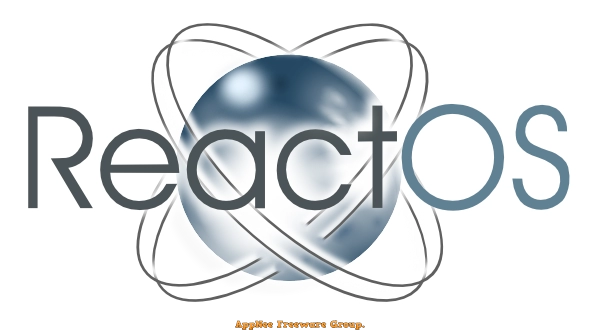
ReactOS is a free, open-source Windows NT-like operating system for both 32-bit and 64-bit personal computers, originally developed in 1996. It maintains system-level compatibility with Windows (including computer programs and device drivers developed for Windows Server 2003 and later versions of Windows), and is committed to becoming a perfect replacement for the Windows NT series.
Loading...
Loading...
Loading...
Loading...
#6088
OpenWrt (short for Open Wireless Router) is an excellent open-source embedded operating system based on Linux, and primarily used on home routers to route network traffic. It can run on various types of embedded devices, including CPE routers, residential gateways, smartphones, pocket computers. It is also possible to run OpenWrt on personal computers and laptops.
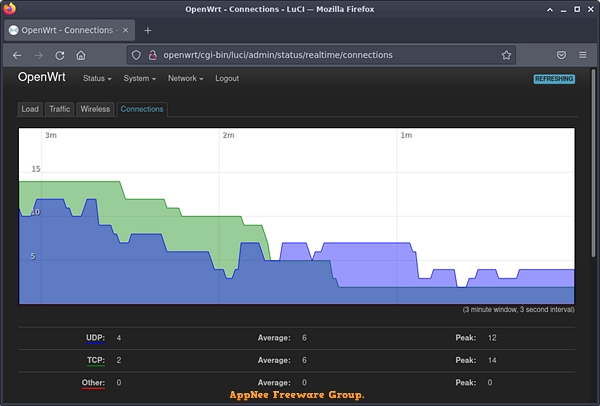
Loading...
Loading...
Loading...
#5677
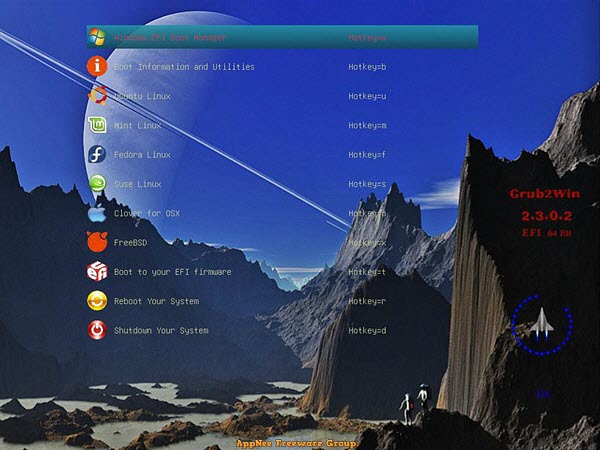
The installation of Windows, Linux, or Mac operating system has been automated and foolproof for a long time, with no technical difficulty. But if you want to install and use multiple systems at the same time, whether it's a combination of multiple different versions of Windows or Windows + Linux + Mac (each has a different boot method), the hardest part is figuring out their installation order and adjusting the boot menu. This can be cumbersome and experience required even for advanced computer users.
Loading...
Loading...
#5290
In fact, we are using Linux OS every day and everywhere, but most people don't realize it at all. The reason is that the only area that Linux has not conquered is the desktop operating system, which most people can touch is either Windows or Mac. Even Linux has dominated the Internet of things, mobile phone and data center, it's still considered out of the mainstream if it doesn't succeed in the desktop OS field.
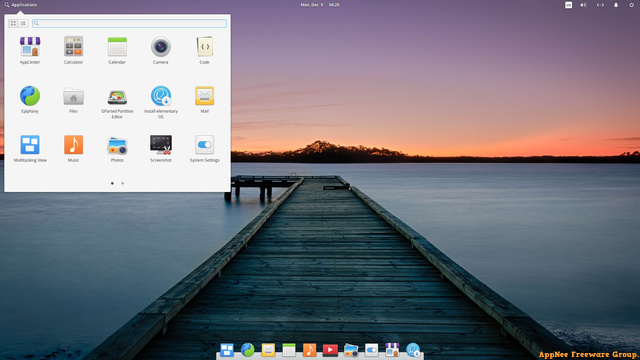
Loading...
Loading...
Loading...
#5284
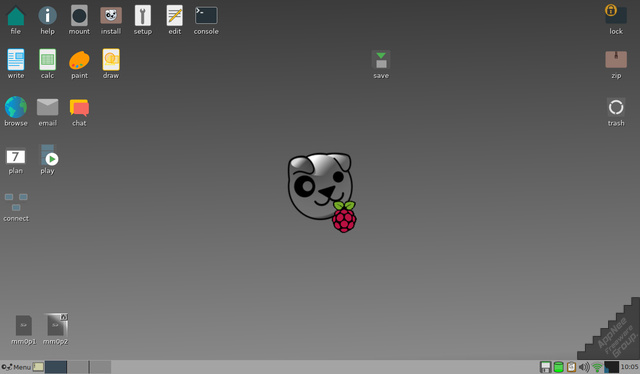
Puppy Linux is one of the earliest lightweight Linux distributions, originally developed by Barry Kauler from Australia in 2003 (which is still active today). It is a very reliable operating system for both old computers and new Linux users! It is small in size, simple in structure, fast in speed, and comes with a wealth of drivers and applications. Even better, it can be installed and run directly on storage devices like external hard disks and USB flash drives (that is, it can be booted from any computer that supports BIOS and UEFI).
Loading...
Loading...
Loading...
Loading...
#5267
Since its appearance in 1985, Microsoft Windows has changed from the original graphical user interface based on MS-DOS to the subsequent multi-window interface, and its version has been constantly upgraded as the development of computer hardware technology. Its architecture is from 16-bit, to 32-bit, to 64-bit; and its version from the original Windows 1.0 to the well-known Windows 95, Windows 98, Windows 2000, Windows XP, Windows Vista, Windows 7, Windows 8.1, Windows 10, Windows 11 these desktop systems, as well as Windows Server this kind of enterprise system.

Loading...
Loading...
Loading...
#5074
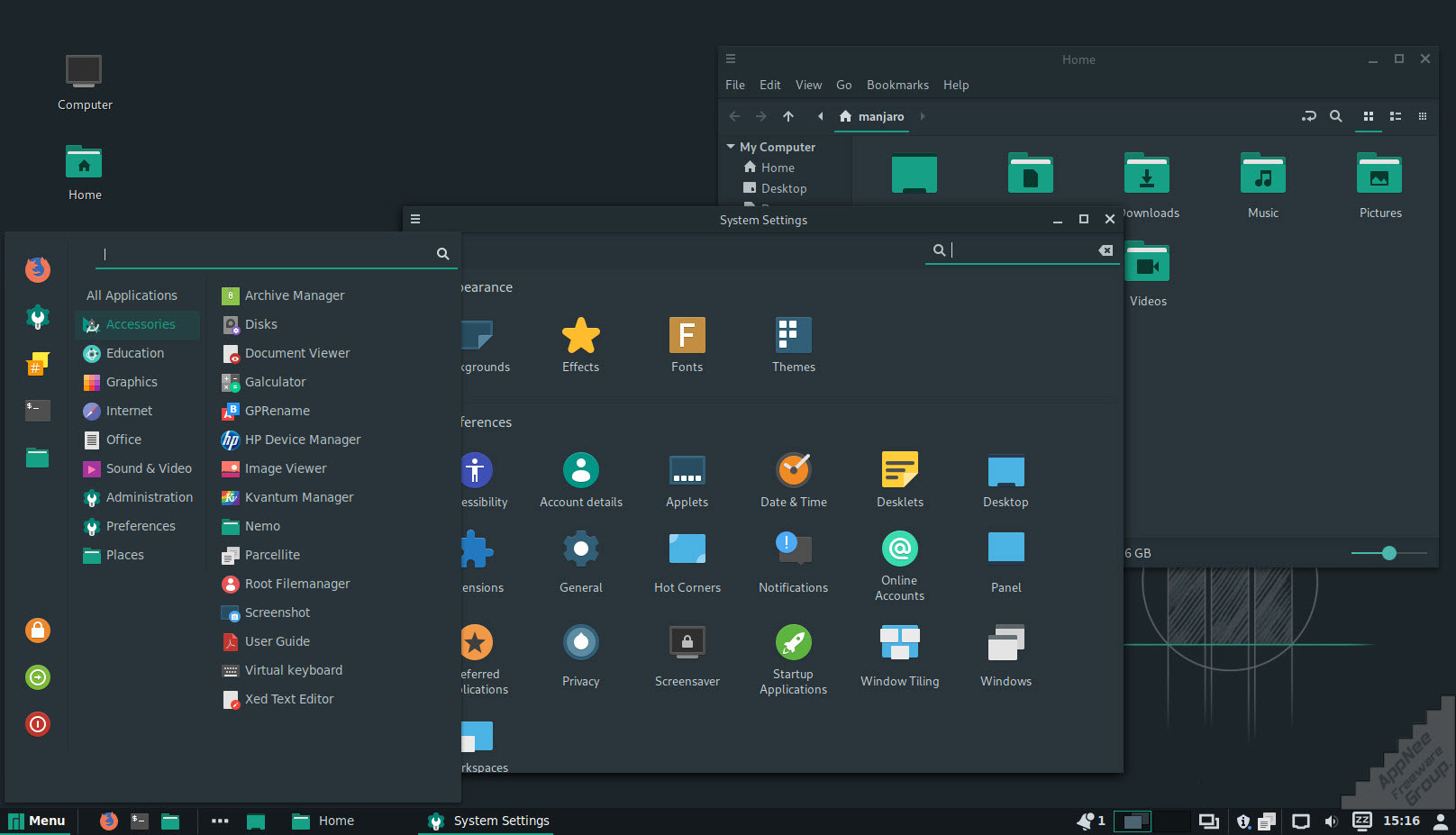
Ubuntu has become bloated and extremely slow (even has started to follow the trend of quickly refreshing the version number, and indulges in this disgusting behavior) for a long time, and its requirements for hardware configuration has far exceed those of Windows now. In other words, running an Ubuntu OS today means making your computer fan spinning at a full jump all the time. The noise of fan alone is painful enough. As a result, more and more people are abandoning Ubuntu, meanwhile increasing lightweight alternatives has emerged and are emerging, and many of them are even able to run smoothly on a USB device, not to mention HDD or SSD. Thereinto, Manjaro is one of the best.
Loading...
Loading...
Loading...
Loading...
#5031
The essence of Microsoft Plus! is a series of add-on packs and operating system enhancement components offered by Microsoft. The first version of this series is Microsoft Plus! for Windows 95, released in 1994; and the last version is Microsoft Plus! SuperPack for Windows XP (a single combination of its first two versions for Windows XP: Microsoft Plus! for Windows XP + Microsoft Plus! Digital Media Edition), released in 2004.
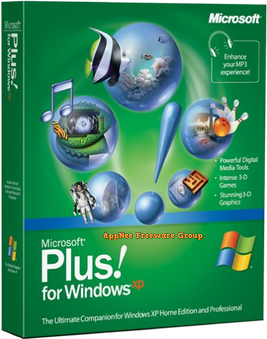
Loading...
Loading...
Loading...
Loading...
#5030
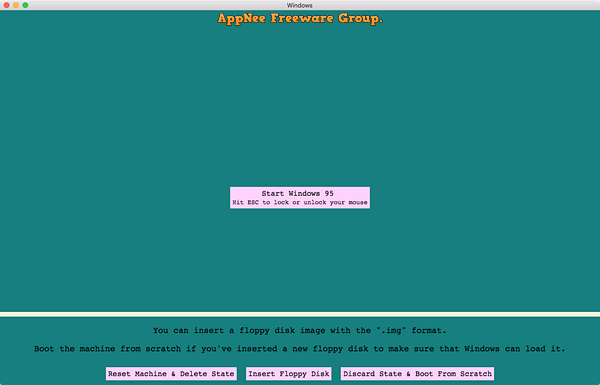
The ever most widely used and important operating system was Windows 98. Its predecessor is Windows 95, which is a direct successor to Microsoft's prior standalone operating systems MS-DOS and Windows 3.1. As a major milestone of Microsoft's operating system, many of the classic features and designs that Windows 95 first introduced, such as the Start Menu, My Computer, as well as the classic card game - FreeCell, are still in use today.
Loading...
Loading...
#4616
Kali Linux (successor of BackTrack Linux) is a free and open-source Debian-based Linux distribution funded and maintained by Offensive Security from Switzerland. Users can boot and use this OS via hard disk, live CD or live USB anytime and anywhere. Almost all open-source tools used for digital forensics, penetration testing, ethical hacking and network security assessments are included. There is no need to prepare and maintain this Linux distribution (including gathering all those software and their dependencies) by yourself, or to install any software and save any files on Kali.
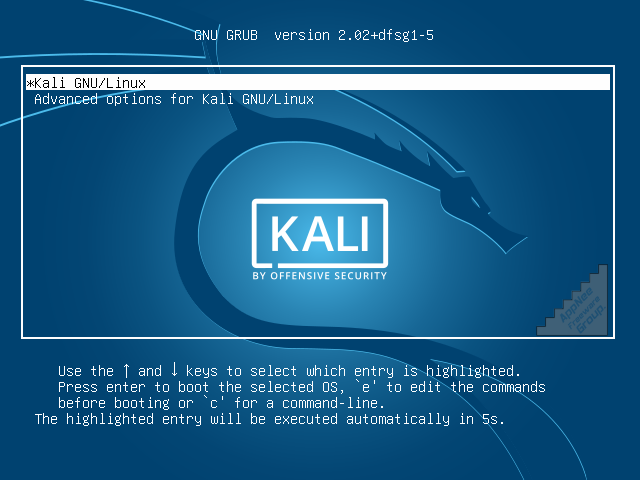
